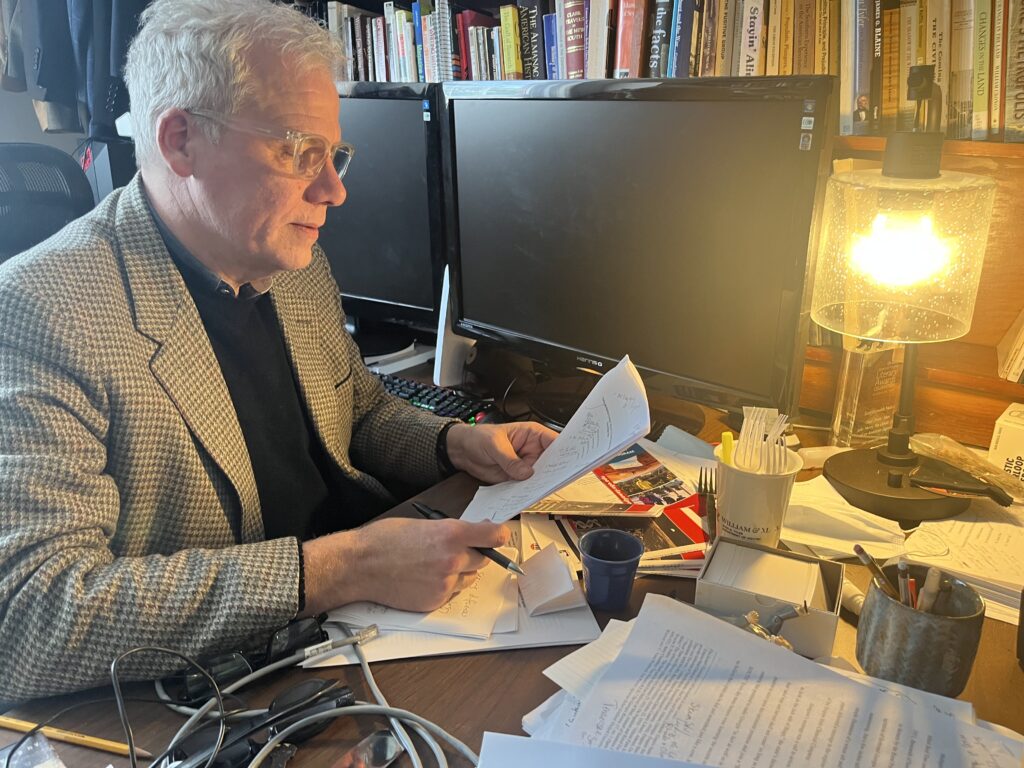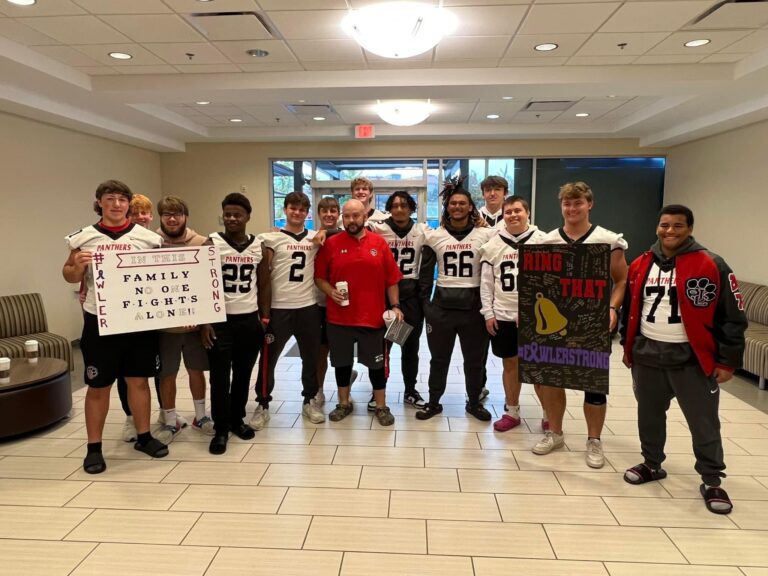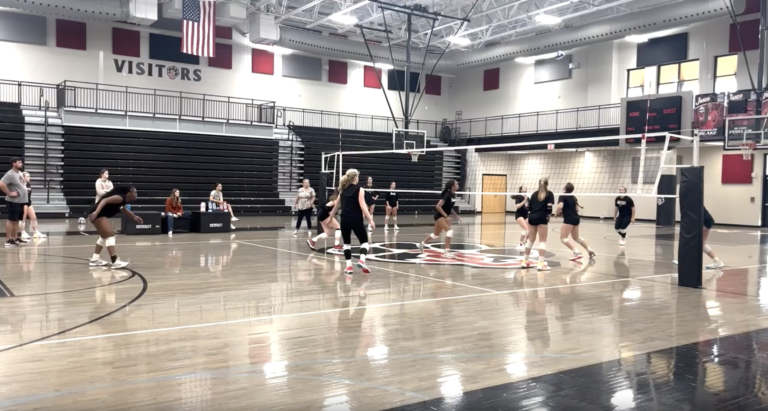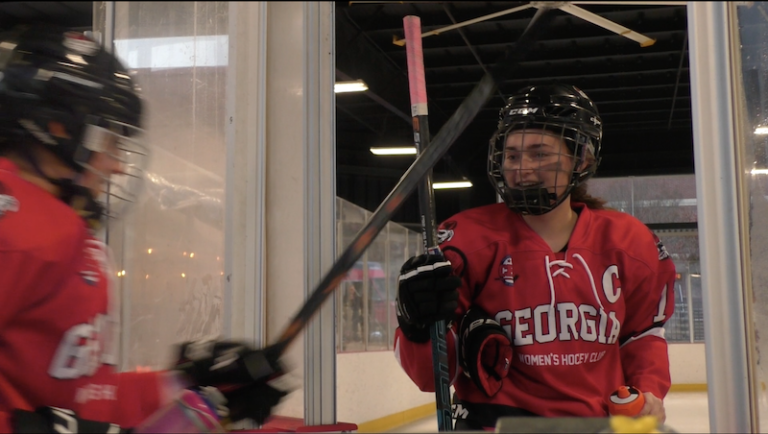The grain guy: the UGA professor who predicted the Russian invasion of Ukraine
University of Georgia history professor Scott Reynolds Nelson insists that Vladimir Putin did not read his most recent book before invading Ukraine in late February 2022.
Just two days before the Russian invasion, roughly 5,500 miles from Ukraine in Athens, Georgia, Nelson published his book “Oceans of Grain,” which details how the grain trade is a driving factor in historical and contemporary conflicts, including the war in Ukraine.
“Everything, all of Russia’s past and future has been dependent on its relationship with Ukraine,” Nelson said. “I wasn’t predicting anything, I didn’t think, at the time.”
Nelson studies social history and geoeconomics, an area he calls the “backburner of history.” His most recent work looks at how grain prices influence economic changes, international relations and even violence.
He has a different approach than other historians; he claims he is terrible with names and dates, but when it comes to predicting conflicts, he just looks at the numbers.
“I was interested in history, but it wasn’t the history that other people did. I wasn’t interested in people or major dates,” Nelson said. “I was more interested in big changes that brought those things out.”

Nelson is a UGA Athletic Association professor of history hailing from Sanford, Florida — a place once known as the celery capital of the world. His studies of grain prices may sound as interesting as the Celery City itself, but his different perspective has given him a gift, of sorts, to predict when catastrophe will occur.
“Most people think that I just have this knack for predicting what’s going on,” Nelson said. “It’s just not very satisfying to me to be right about horrible things.”
Nelson’s approach to analyzing history has sometimes come at his own expense. Among peers he has been known jokingly as the “grain guy.” Some historians have even told him they thought he had no idea what he was talking about.
“In retrospect, it’s like the simple explanation is the right one, but everybody wants the complicated explanation,” Nelson said. “People say, ‘Well it’s too simple, it can’t be that simple, it can’t be just food prices,’ Sometimes it’s that simple.”
He compared it to a joke about a policeman who sees a drunk man looking for his keys under a lamppost. He helps the man look for his keys, and after a few minutes, he asks if the man is sure he lost them under the light. The man replies no, he lost them in the park, but the light is better under the lamppost.
Nelson’s theories about grain prices are evident in Europe over the past few years while the Russo-Ukrainian conflict has escalated. The price of grain increased in all EU countries from 2021 to 2022, ranging from 33% to 77% increases in different places, according to EU agricultural data.
The Russian invasion began a month after the data was released.
“I think the most important thing is to follow the money, right? And he’s really good at that,” said Scott Nesbit, a fellow UGA history professor. “I think that the way that he thinks about the past is a helpful way for thinking about our contemporary political system.”
Nesbit believes there are few things as important in life as people getting the calories we need. He also says there are few matters in history more important than the wheat trade.
Nelson’s work simplifies modern conflicts to the basic human motivations, specifically the necessity of food. He shows that throughout history, grain has always been a major driver of human conflict, and it remains that way today.
“It’s harder work to like, you know, think outside the box,” Nelson said. “I was lucky to be thinking outside the box when I heard about the tanks being lined up.”
Why I wrote this story…
During my News Reporting and Writing class, I was assigned the City and County Government Beat. This profile, while not directly related to City and County Government, has political relevance, and it showcases a UGA professor within the context of global politics and current events.
This profile was a great experience for me because it gave me insight into the process of developing a profile and incorporating more narrative elements into a story.








